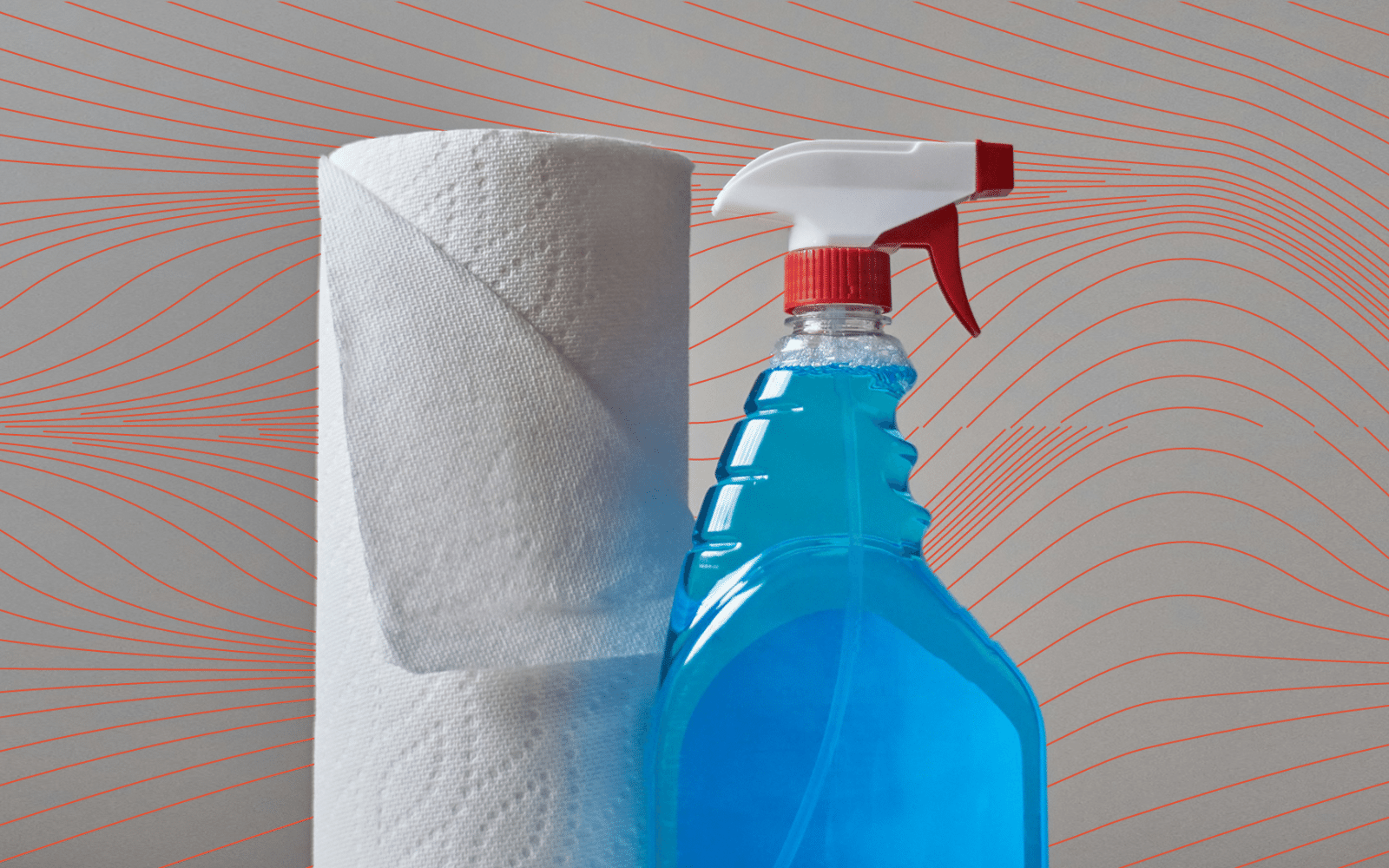Del intraemprendimiento al espíritu empresarial en la industria química
GHIZLANE JOUGLEUX | CEO EN MUTYN | FRANCIA
Defensora apasionada del consumo ético, Ghizlane decidió fundar su propia empresa de productos de limpieza sostenibles, asegurándose de que la responsabilidad medioambiental fuera tan prioritaria como el rendimiento económico. Su trayectoria, desde una familia marroquí de clase trabajadora hasta la creación de una empresa basada en valores, resalta la importancia de empoderar a los demás y liderar el cambio a través de acciones reflexivas y cotidianas.
